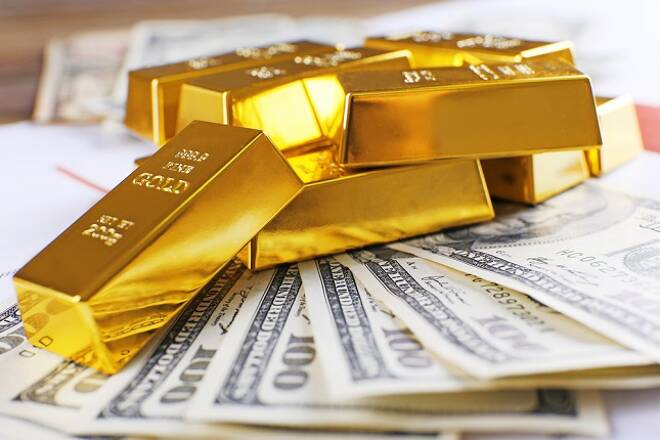Advertisement
Advertisement
What is FOREX ?
By:
Intro
Since the beginning of time, merchants, traders and travelers have had to use some form of currency that they could exchange in a new territory, another far off land.
Forex is simply foreign exchange.
Only developed countries could expect to use letters or documents or forms of money. You had to carry something that had value in far off lands. Many times the equivalent value was unknown, perhaps a trader, would trade a bag of spice for a crate of tea and when he arrived at his destination port, they had no need for tea, or another ship had just arrived, so the value of the tea had gone down, or perhaps it was a British colony and there was a shortage of tea so the demand was up.
This was a gamble to the traveler, and merchant alike. Or perhaps a goat herder took his goats to the market and sold them, he needed to exchange the goats for something of value that he could carry and keep and use when he needed, such as money. Eventually most societies developed a monetary system, which worked just fine inside of their territory, but how did a Roman pay for food and horses in a foreign land. Would a merchant accept his Roman coins and if so at what value.
This was the beginning of foreign exchange. Traders began to realize that they could work as intermediaries and take advantage of shifts in the markets and the demand for goods. A smart trader would know where there was a shortage of oil and an abundance of corn. As time passed, neighboring countries and trade areas, such as colonies and protectorates developed a monetary exchange system, so that a Spaniard could exchange his coins in a French territory for a set value and an Englishman could use his coins anywhere around the world.
The gold standard was developed and countries would tie their money to the gold in the coins or the value of the paper money was backed by gold. Each country would set the value of their currency and would only make changes due to major changes in agriculture, war, weather, or growth and demand. There were no regulatory agencies, and a money broker could change the value for which he exchanged depending on his own requirements. But there was at least an assumed value. This was the beginning of currency conversion and foreign exchange rates.
The world of business developed and expanded across borders, governments realized that they needed a way to exchange large amounts of money so that they could expand their export and import markets. They also knew they needed to set standards to value their currency and their economy and their national debt and budgets.
For many years it was the job of the central banks in each country to monitor their currency value, process the exchange of currency from their local banking systems. Many governments even began to invest in other currencies, for instance holding their dollars instead of exchanging them gambling that the dollar would grow or the demand for dollars would increase, they could then sell these dollars back to their account holders at a profit.
At a conference in Jamaica in 1976, the world governments agreed to accept a new floating currency system replacing the gold standard, this was the birth of the foreign exchange markets. Within a short time, you were able to buy and sell currency, and options on currency, in global markets, similar to stocks or commodities. The prices of the currency fluctuated and you could buy and sell currencies on the open market to take advantage of these shifts in value.
About the Author
Barry Normanauthor
Advertisement
